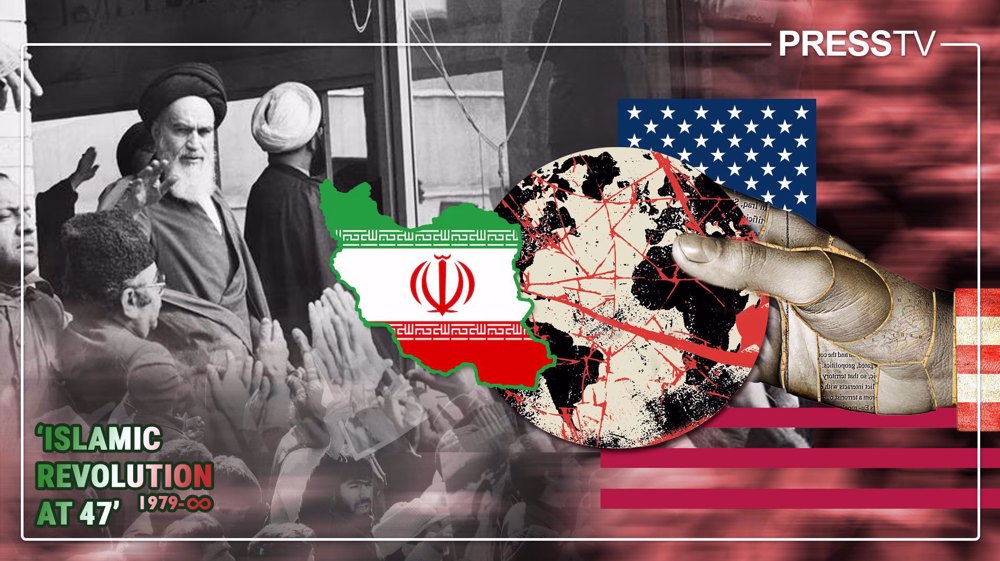To have drones or not to have drones?
After years of attempting to place police drones on the streets, in order to “increase security”, have the police finally found a way to win our hearts and minds?
At the moment, there are some places where law enforcement have made use of unmanned drones to help ‘protect’ the areas like Grand Forks sheriff’s department in North Dakota, and there are some places and police forces considering the use of such technology like the federal police in Australia.
But the use of such technology to aid the police has been unwelcomed by many. To recap, February of 2012, US government passed a bill which would have allowed up to 30,000 police drones to be flown by police departments in the country. One of the first agencies granted the permission to use drones was the Seattle police department, and the city was actually in the process of setting up guidelines and regulations for drone use. But a Public Safety, Civil Rights and Technology Committee hearing in the same city managed to put an end to that bill; the power of the people played an important part.
Why would some say no to drones? The answer is obvious, drones or unmanned aerial vehicles have proven to cost a lot of civilian casualties on battlefields in Afghanistan, Iraq, Pakistan, Yemen, and Somalia. It is obvious that it is much easier to kill ‘accidentally’ behind a camera - no doubt. It may save the lives of those using these combat drones, but what about those caught in the crossfire, those who become victims of selective assassination. Surely, people do not really want to see combat drones hovering over their heads. However, the question worth asking now is: If surveillance drones fill the skies; will we be more safe and secure?
Yes, or maybe; it depends on those in control of the drones. Surveillance drones have been used from time to time and in specific cases, but they have not fully conquered the skies; but once they do, they might even be replaced with combat drones in order to tighten security – who knows where the future will take us.
The main concern with surveillance drones at the moment is the issue of privacy. With more eyes on the streets, even your backyard or rooftop becomes an arena – might as well wave back to Big Brother. Are we moving toward a world resembling George Orwell Nineteen Eighty-Four? Is privacy more important than safety?

Every invention has its pros and cons, and drones can also do a lot of good for humanity. Ambulance drones and eco-drones have proven to be life-saving. This explains why there have been so many exhibitions advertising all sorts of commercial drones. This would seem to be more of an effective way to promote and redraw the negative image printed in people minds. It is these types of drones that can save the future of drones as a whole. Exhibitions like LA Drone Expo in 2013 and UAVSA Drone Expo 2014 both in Los Angeles, or the UAE Drones for Good in 2015 held in Dubai, have really played an important part in changing the negative perception about these practical machines; who would say no to a waiter drone or a delivery drone ; and imagine a heart attack victim saved thanks to an Ambulance drone.
However, it is also worth highlighting the movie-making industries’ efforts for promoting drone technology. With movies like 2013 post-apocalyptic sci-fi film Oblivion presenting very practical and more sophisticated forms of unmanned aerial vehicles, the public will become more familiarized with the novel machines. The movies industries have, for many years, used specific techniques to help people become more familiar and comfortable with newer technology before that very technology finds itself on the shelves for commercial use. And with these worldwide exhibitions and blockbusters, one way or another, we will expect drones filling the skies, like it or not. Thus, the answer to the first question raised is yes, they have found a way to win our hearts and minds in an attempt to have police drones look over us; some have not realized it yet.
According to a report by The Washington Times, in 2015, the Federal Aviation Administration is expected to develop regulations for the testing and licensing of commercial drones; and by 2020, 30,000 drones are expected to take to the skies in the US. The scene has been set, and it seems like it is a done deal. Once that is over and done with, it will be much easier to convince the people to allow police and other sorts of drones to become a part of our daily lives.
To have drones or not to have drones - that is the question. Tis nobler to have drones and make use of what newer technologies have to offer; and the future will lean towards, and also become more dependent upon, drones. Surveillance drones are also part of the package, and the solution is not to have a drone-less world simply because it might take away our privacy or even our lives (if combat drones later replace surveillance drones); after all these machines are just machines, a tool. It depends on those using the drones, those who hold the reigns; like they say “guns don’t kill people, people kill people”, and same goes with drones.
RG/HMV
IRGC chief commander condoles passing of Sayyed Hassan Nasrallah’s father
VIDEO | Press TV's news headlines
Iran unveils, inaugurates three homegrown strategic space projects
VIDEO | Venezuelans hold vigil for President Maduro on eve of one month since his kidnapping
AFC Futsal Asian Cup 2026: Iran into semifinals after comeback against Uzbekistan
#IR47: From 1978 ‘Black Friday’ to 2026 riots: How history keeps repeating itself in Iran
Australian charity channels tax-free donations directly to Israeli soldiers: Report
Palestinian abductee Khaled Al-Saifi dies a week after release from Israeli jails










 This makes it easy to access the Press TV website
This makes it easy to access the Press TV website